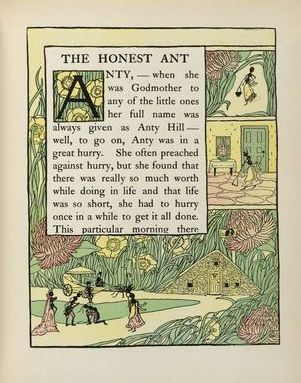Call it karma? Among Bernard Madoff’s victims, Eric Turkewitz has discovered*, is none other than the infamous Morris Eisen, who made a ton of money in personal injury practice by faking evidence for his cases (highlights: taking a pickax to a pothole before photographing it, using a shrunken replica of a ruler so as to magnify the seeming size of defects in photographs, and calling the same “witness” for two different accidents, who happened to be serving time upstate for forgery at the time of both). Eisen was disbarred, served time, and paid some money, but “clearly” was left with “substantial assets”, notes Turkewitz, including a residence in Fisher Island, Florida. (Wikipedia: “According to the U.S. Census Bureau, Fisher Island had the highest per capita income of any place in the United States in 2000.”) I wrote about the Eisen scandal in my first book, The Litigation Explosion, the relevant PDF chapter of which is available at Point of Law; also see this City Journal piece.
*OK, “learned from one of his readers”; see comments.

